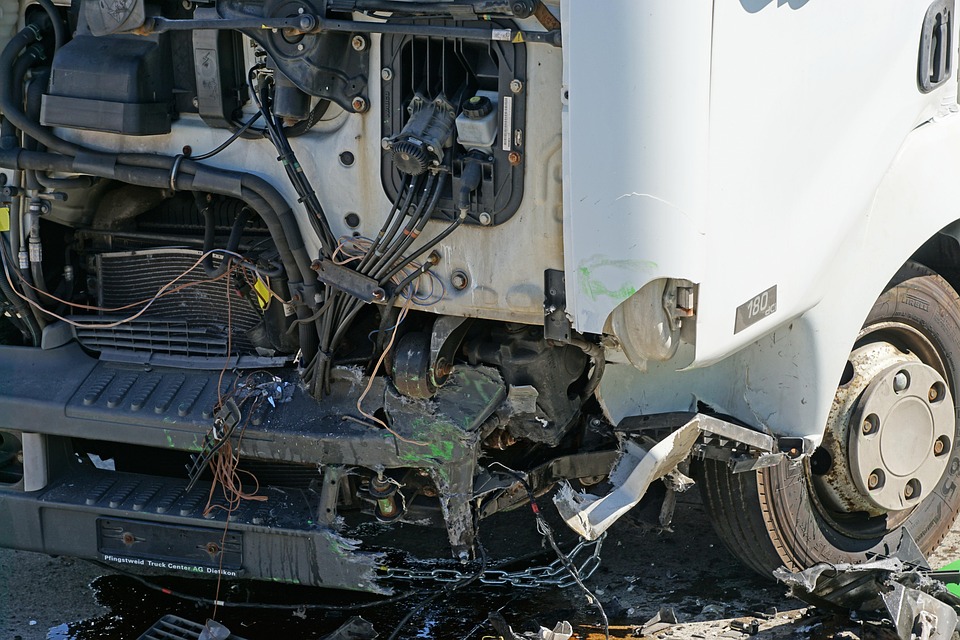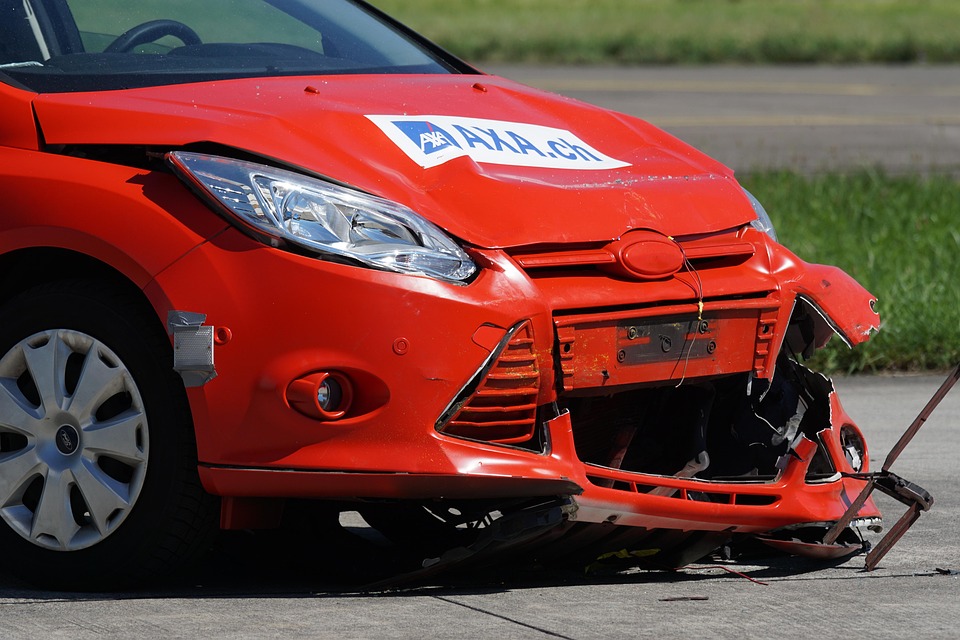When navigating the complex world of insurance auto auctions, having well-defined strategies can elevate your experience and outcomes. In this ultimate guide, we explore the top strategies for success that will help you identify valuable vehicles, navigate the bidding process effectively, and maximize your returns. Let’s dive in and unlock the secrets to thriving in insurance auto auctions.
Whether you are a seasoned buyer or a newcomer, understanding the dynamics of insurance auto auctions is crucial. With a plethora of vehicles available, often at significant discounts, implementing the right strategies can make a vast difference. This guide will provide you with essential insights and tips to ensure your journey through insurance auto auctions is both profitable and rewarding.
Understanding the Insurance Auto Auction Process
Before venturing into the bidding arena, it’s essential to understand the insurance auto auction process. These auctions are typically held for vehicles that have been deemed total losses by insurance companies but still have significant value. Vehicles may include anything from flooded cars to those damaged in accidents, and understanding the reason for their categorization is pivotal for buyers.
By comprehending the auction process, you can better navigate bid timings, auction formats, and payment protocols. Various platforms may operate differently, so take the time to familiarize yourself with the auction site you choose. Knowing the process ensures that you are well-prepared and can act quickly when an opportunity presents itself.
Research Thoroughly Before Bidding
Research is your ally in successfully navigating insurance auto auctions. Utilize resources such as online vehicle history reports and manufacturer websites to gather detailed information about the vehicle in question. Understanding a car’s history — its repairs, accidents, mileage, and whether it has a salvage title — will empower you while bidding.
Moreover, keep an eye on market trends. Awareness of vehicle values and demand can foster informed decision-making regarding potential bids. Knowing the market value of a specific vehicle allows you to bid competitively without overstepping your budget, fostering a balance between potential profit and expenditure.
Leverage the knowledge of auto experts and forums to gather tips and experiences about specific models. Engaging with a community can lead to valuable insights, particularly regarding brands known for their reliability or common issues that might arise after acquisition.
Vehicle Inspection: The Key to Making Informed Choices
One of the most crucial steps to succeed at insurance auto auctions is conducting a thorough vehicle inspection. Whenever possible, physically inspect the car before placing a bid. Look for signs of damage, frame issues, and check operational features. Always consider bringing a trusted mechanic for an expert opinion, which can unveil underlying issues that may not be immediately visible.
If a physical inspection is not feasible, request detailed images and documentation from the auction provider. Look for reports detailing repairs made, vehicle maintenance history, and the condition of critical components. The more information you gather, the better prepared you’ll be to make an informed decision.
Another critical element to consider is warranty and return policies. Understanding the auction’s policy on vehicles sold “as is” versus those with warranties can significantly impact your financial risk and should factor into your bidding strategy.
Mastering the Bidding Strategy
Bidding effectively at insurance auto auctions is an art form that requires a blend of strategy and intuition. Initially, decide on a maximum bid prior to the auction. This predetermined budget will prevent emotionally driven decisions during the heat of bidding. It’s essential to stick to your limit to ensure you don’t overextend yourself financially.
Monitor competitors’ bidding behavior. Pay attention to patterns that may emerge among experienced bidders, such as tactics used to ‘flush out’ competition. This awareness can position you advantageously, allowing you to strategize your bids—for instance, waiting for the right moment to enter or refraining from high initial bids.
Make use of online bidding tools offered by many auction platforms. These tools often provide previous sale prices for similar vehicles, giving you insights into how much you should be willing to bid. Familiarize yourself with both manual and automated bidding practices based on your confidence level and risk appetite.
Post-Auction Considerations for Successful Acquisition
Once you’ve successfully purchased a vehicle, ensuring a seamless transition into ownership is essential. Double-check all paperwork to confirm that you have legal ownership before taking possession of the vehicle. This includes the title, bill of sale, and any relevant auction documents. Without finalized paperwork, you may encounter issues down the road regarding registration and insurance.
Additionally, factor in the costs associated with transportation and any necessary repairs. Occasionally, vehicles may need immediate servicing, which can impact your financial planning. Having a clear understanding of transportation logistics to your location will facilitate a smoother acquisition experience.
Lastly, setting up a maintenance schedule immediately after purchase will enhance the vehicle’s longevity and reliability. Investing in maintenance can ultimately increase the resale value, making it an essential step for maximizing your investment.
Utilizing Networking and Resources for Better Outcomes
Building a network within the insurance auto auction community can vastly improve your buying experience. Engaging with auctioneers, fellow buyers, and industry experts can open up opportunities for exclusive insights and information about upcoming auctions and available vehicles. Additionally, networking can lead to potential partnerships or collaboration on larger purchases.
Online platforms and social media are also invaluable resources for connecting with other auto auction enthusiasts. Participate in discussions, ask questions, and share your experiences to enhance your knowledge and network of contacts. The more you immerse yourself, the more you can learn about what to expect and look for in auctions.
Moreover, consider attending industry-related events or seminars where you can learn about the latest trends, regulations, and tools available to enhance your auction experience. These events can serve as a platform for networking and sharing valuable insights from seasoned participants.
Conclusion: Embrace Continuous Learning and Adaptation
Success at insurance auto auctions hinges on a blend of preparation, research, strategic planning, and networking. As you venture into this exciting realm, embrace continuous learning and remain adaptable to changes in the auction landscape. Stay informed about industry trends, refine your strategies, and leverage the knowledge of your network to maximize your success.
With the right mindset and tools, insurance auto auctions can be an incredibly rewarding experience. Equip yourself with these top strategies and watch as your investments flourish in the dynamic world of auto auctions.



